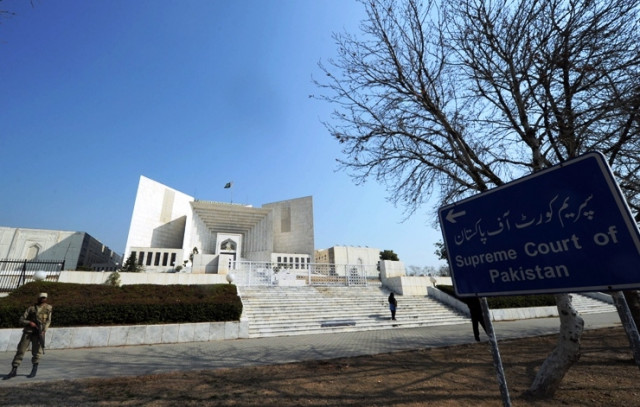A question of accountability
Our current phase has grown directly out of a warlike nationalism etched into the national mind as ideology.

The swashbuckling General Beg cannot browbeat the present Chief Justice the way he did with Chief Justice Afzal Zullah. As he prescribed ‘strategic defiance’ to the nation, he allegedly gouged money from a banker made to act in the ‘national interest’, floated his personal ‘think tank’ and snubbed the incumbent prime minister after 1990 to carry out his own nuclear proliferation programmes in the region.
Pakistan normally wakes up to the real character of military rule after the dictators are dead and gone. General Ayub was condemned by history posthumously for alienating and finally losing East Pakistan; General Yahya was held responsible for the Fall of Dhaka but was never put on trial; General Zia’s era has been interpreted as the most transformational era for Pakistan because it gave rise to fundamentalism and violence in the country. The process stopped when General Musharraf was finally confronted by the Supreme Court that he had roughly dismissed and made to resign.
The modus operandi for gaining exemption in the past was indemnification from helplessly intimidated civilian politicians. Post-martial law parliaments passed amendments ‘forgiving’ the trespasses of constitutional law made by the dictators. In general, the top brass expected to be spared normal investigation into their corruption on the basis of a phone call from the GHQ. Certain areas in policymaking were kept away from the elected governments in clear violation of the Constitution. The Army presumed that all subjects relating to national security could not be brought under scrutiny by the prime minister and his cabinet. When something went wrong — like the Ojhri Camp blast under General Zia — it was the prime minister who had to go home.
Clearly, things have changed in 2012. While kudos are in order for the current military leadership for letting accountability happen across the board, it must be noted too that the military view of Pakistan as national security state has taken a beating. Such inchoate doctrines as ‘strategic depth’ no longer make sense except as ham-handed instruments of isolationism that Pakistan can ill-afford. A series of recent incidents have proved again that unless the role of the Army is redefined and confined to the limits prescribed by the Constitution, Pakistan may find itself in a terminal crisis of the state. The ‘discovery’ of Osama bin Laden in Abbottabad, the ‘disappearance’ of citizens in Balochistan and elsewhere, the aggression of domestic terrorism while the nation is being made to focus on external enemies, are some of the disturbing developments that Pakistan must prevent.
Pakistan has to travel some distance to normalcy before the distortions introduced by the dominance of the military are sorted out. Our current phase has grown directly out of a warlike nationalism etched into the national mind as ideology. We have designated one permanent enemy towards the East and have developed the military-induced habit of judging the rest of the world on the yardstick of this single factor. Our neglect of the western borders while we fought fruitless wars in the east is responsible for today’s scattering of internal cohesion. The Mehrangate case will be instructive since most of the dramatis personae of the scam are alive and their fair trial will give us the direction we were made to ignore. It is the moment of the restoration of civilian paramountcy and full constitutional role for the elected government in Pakistan.
Published in The Express Tribune, March 11th, 2012.














COMMENTS
Comments are moderated and generally will be posted if they are on-topic and not abusive.
For more information, please see our Comments FAQ